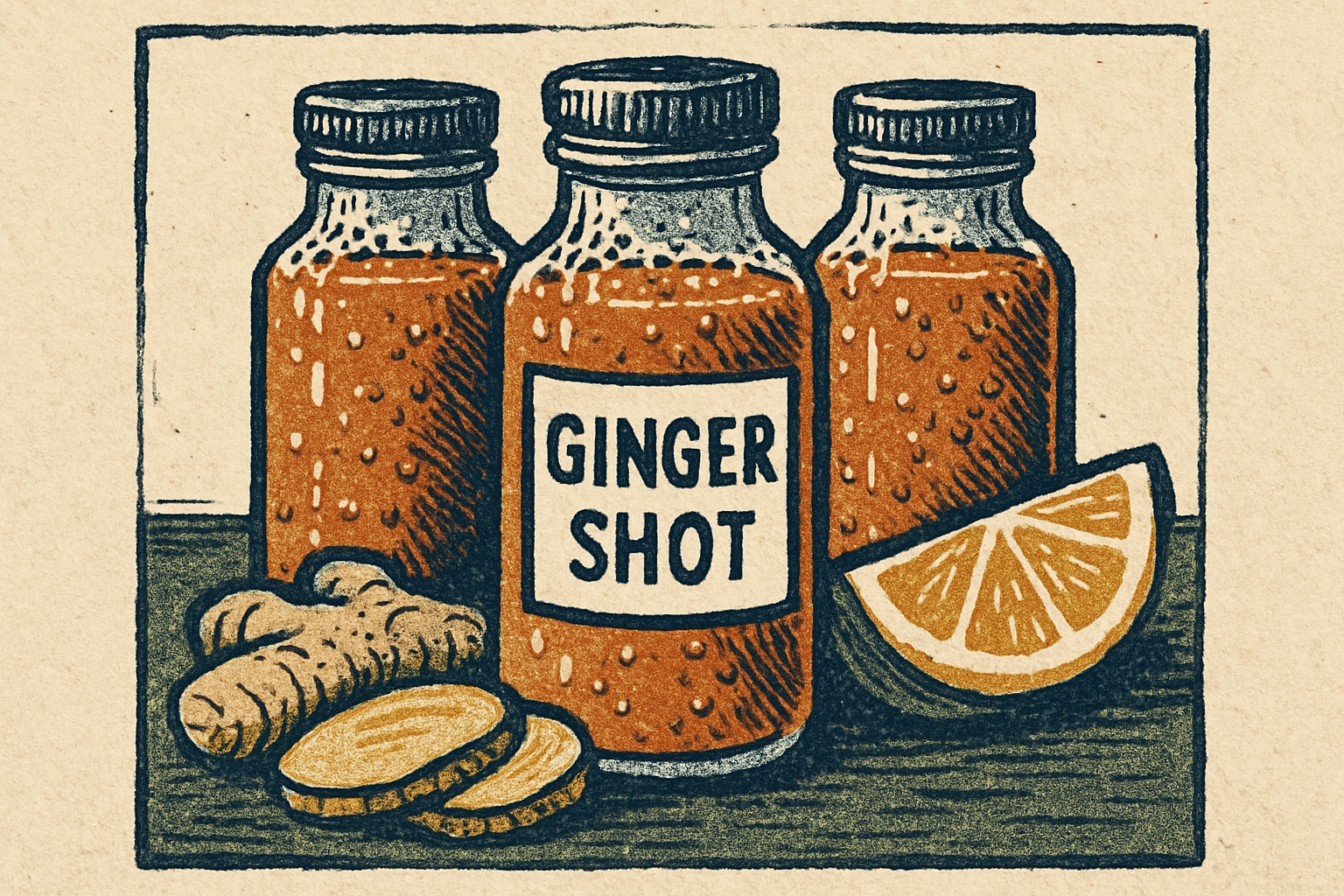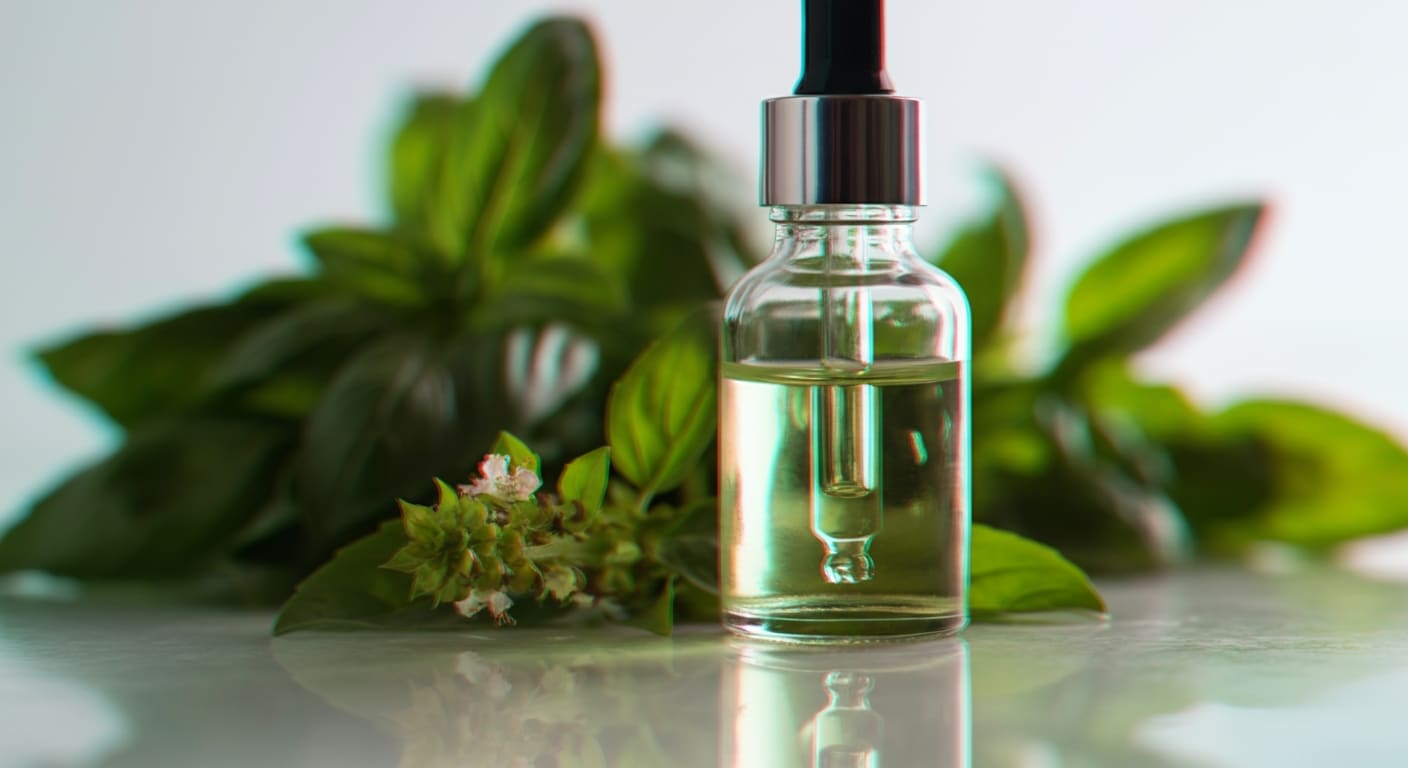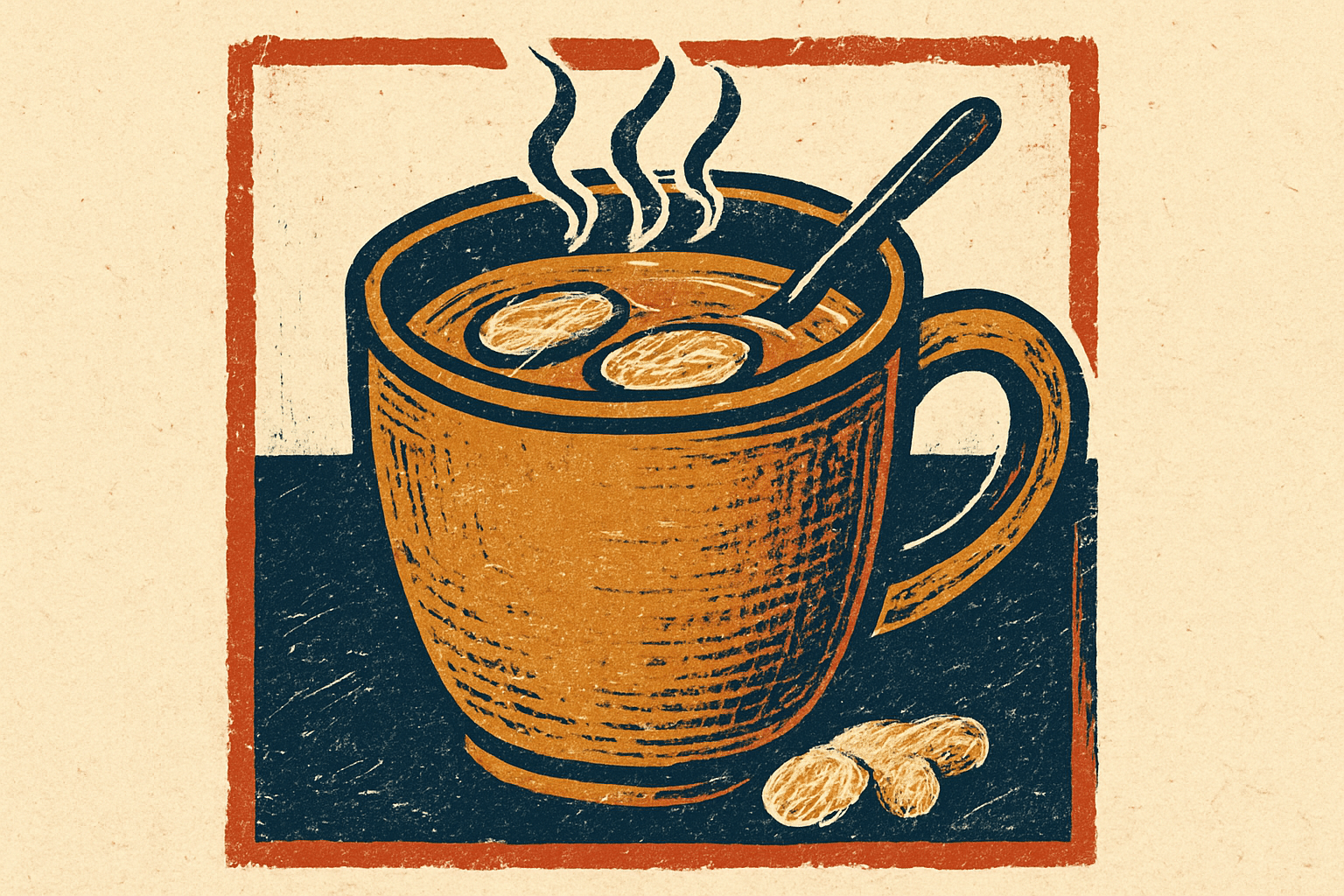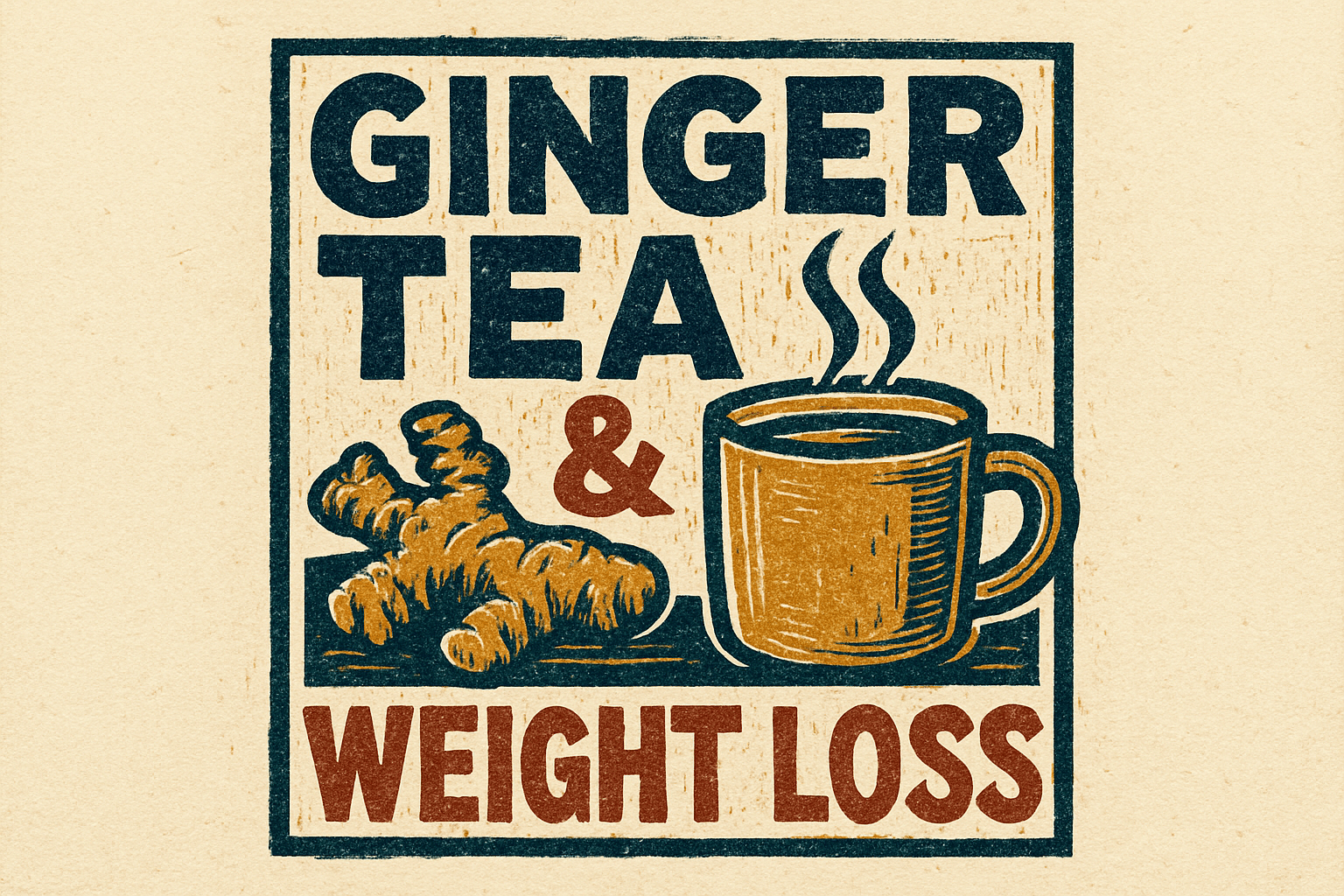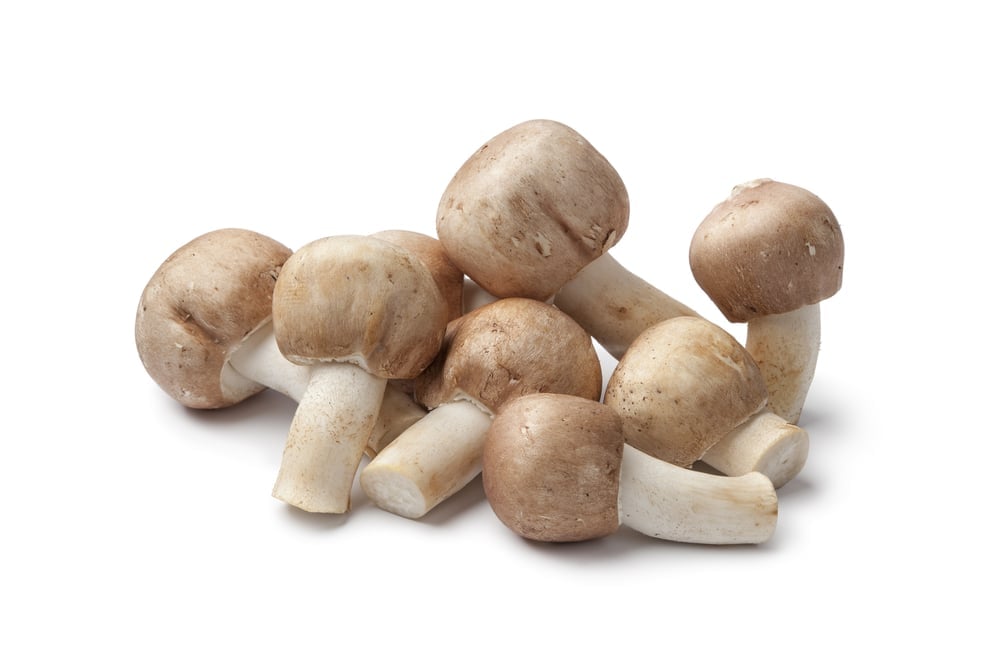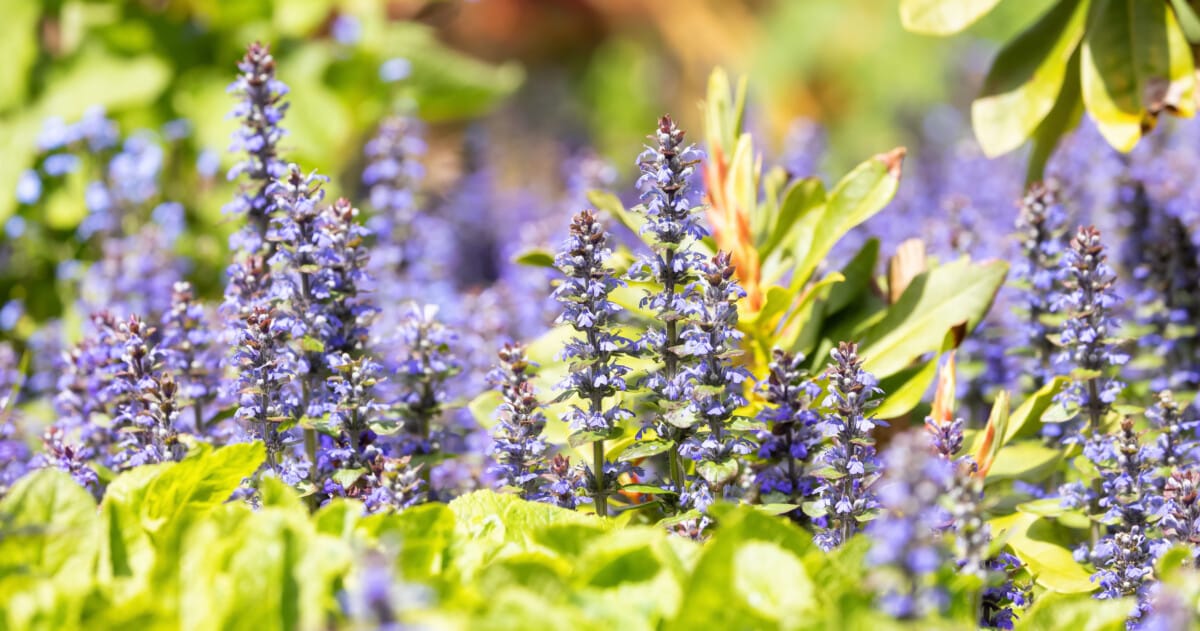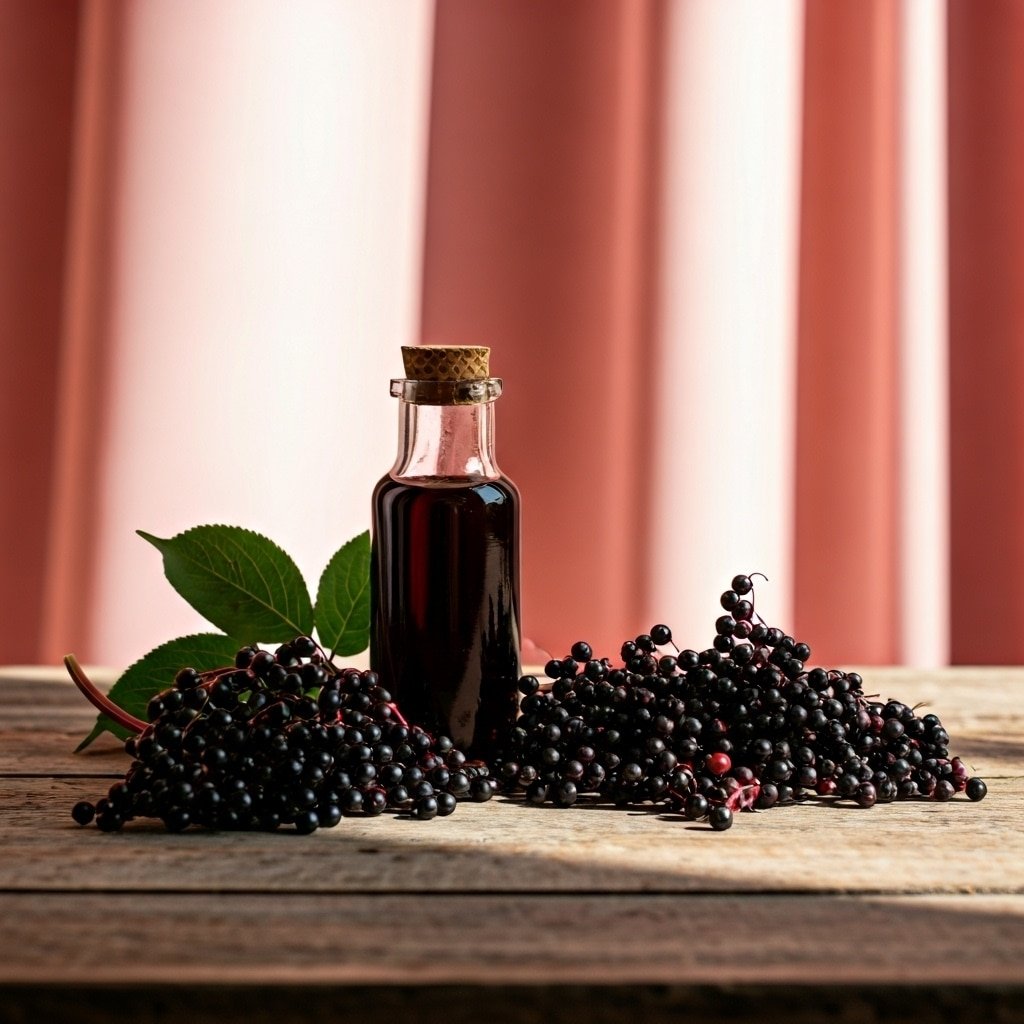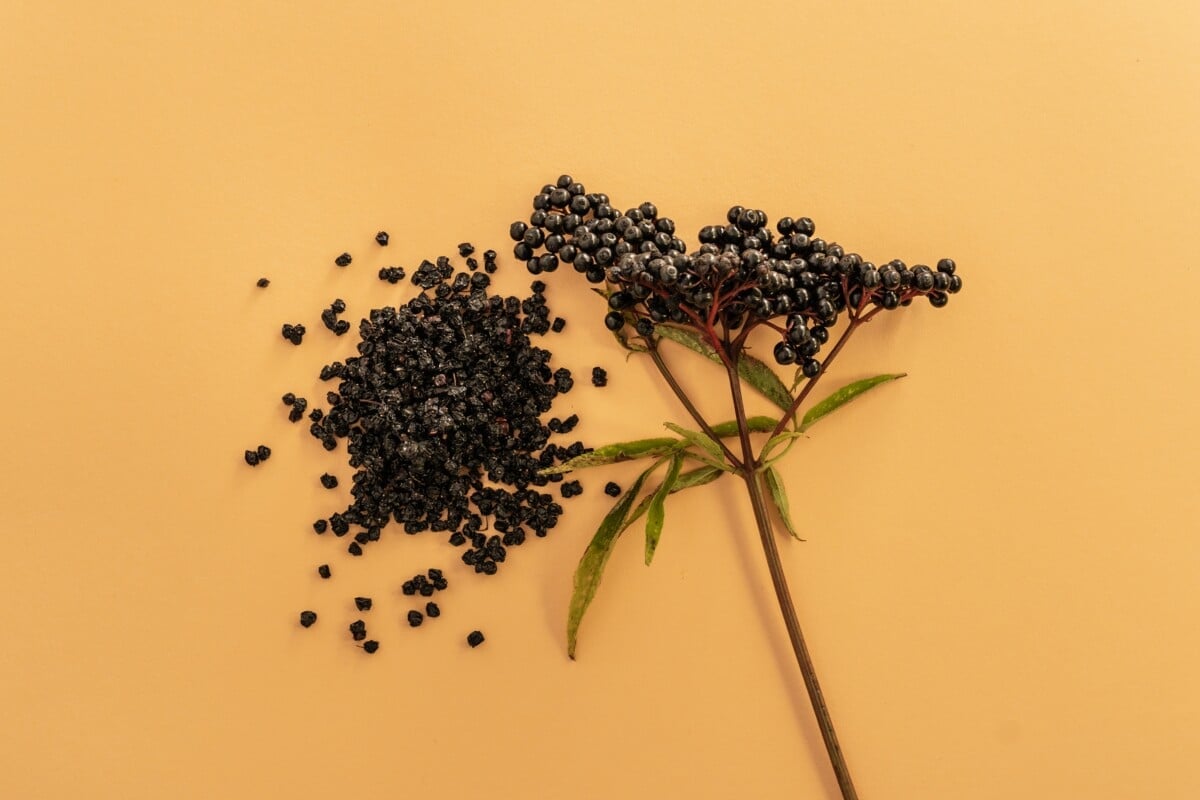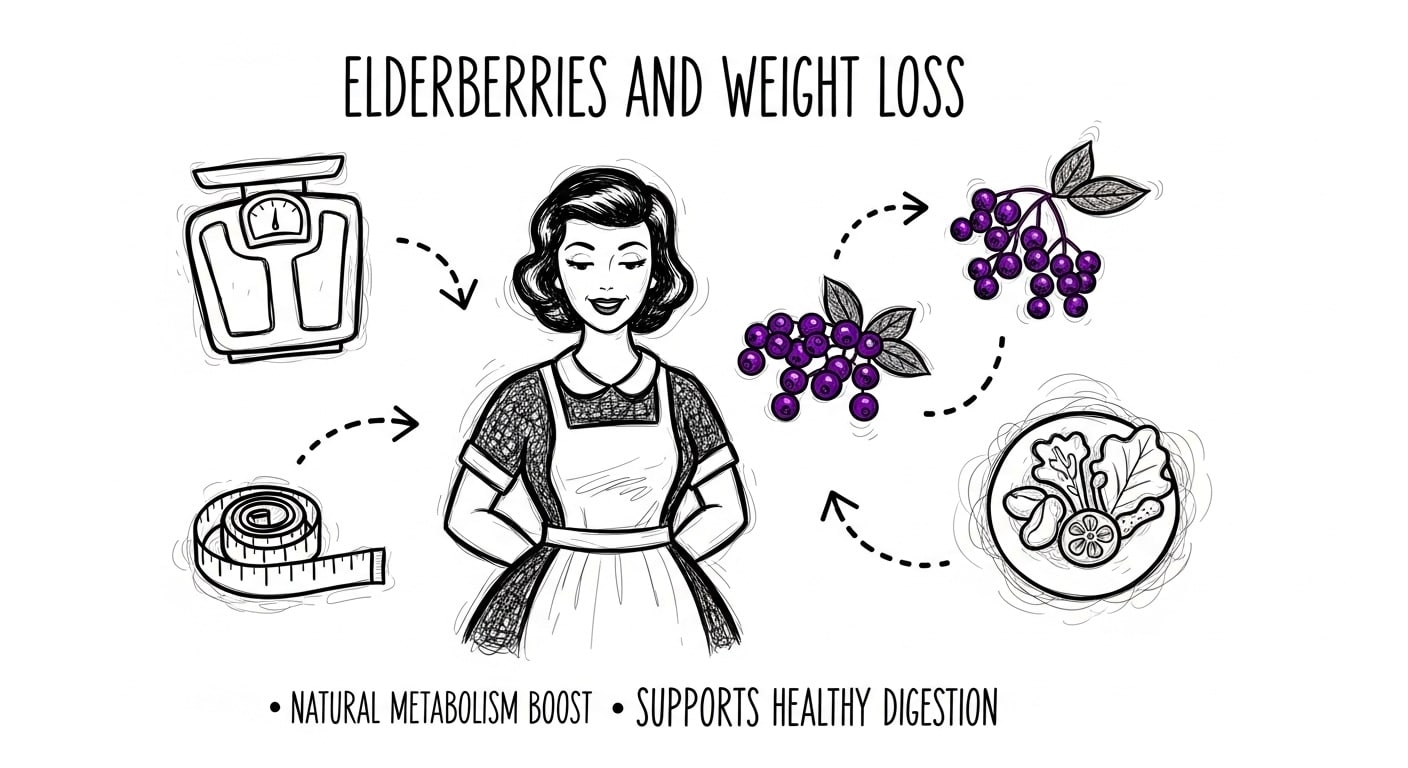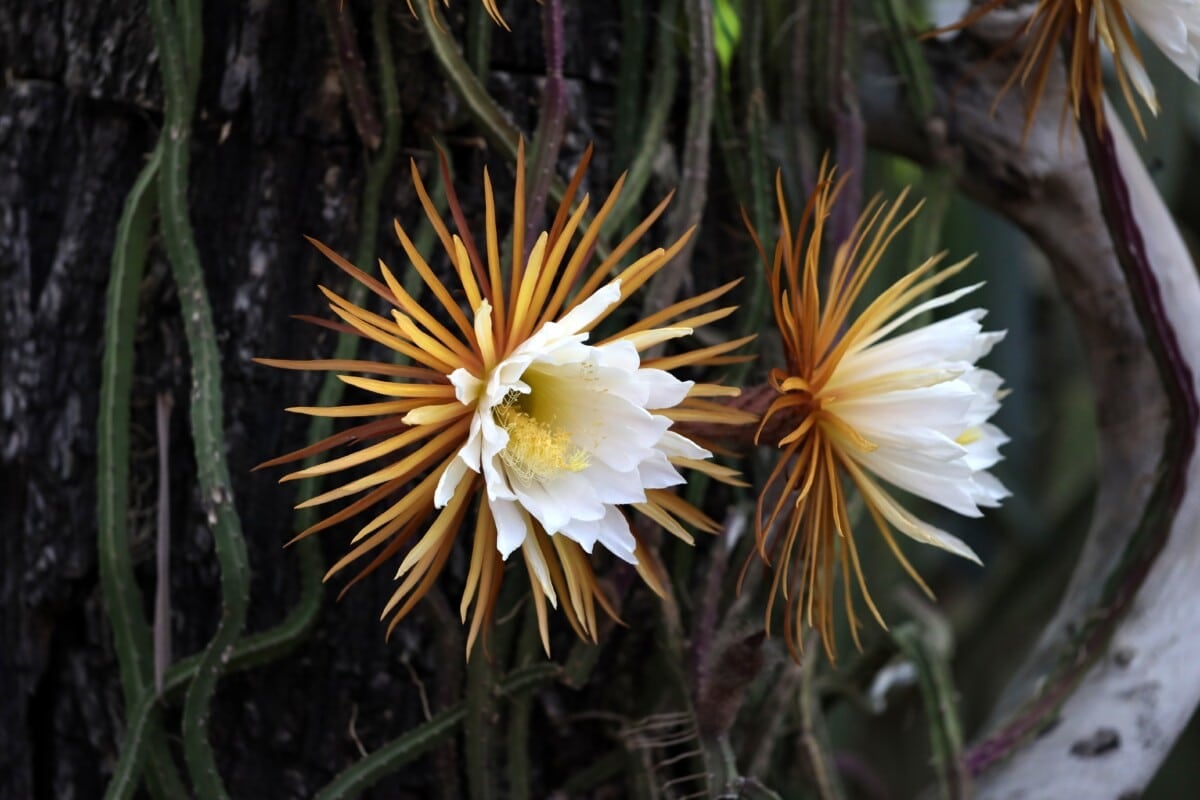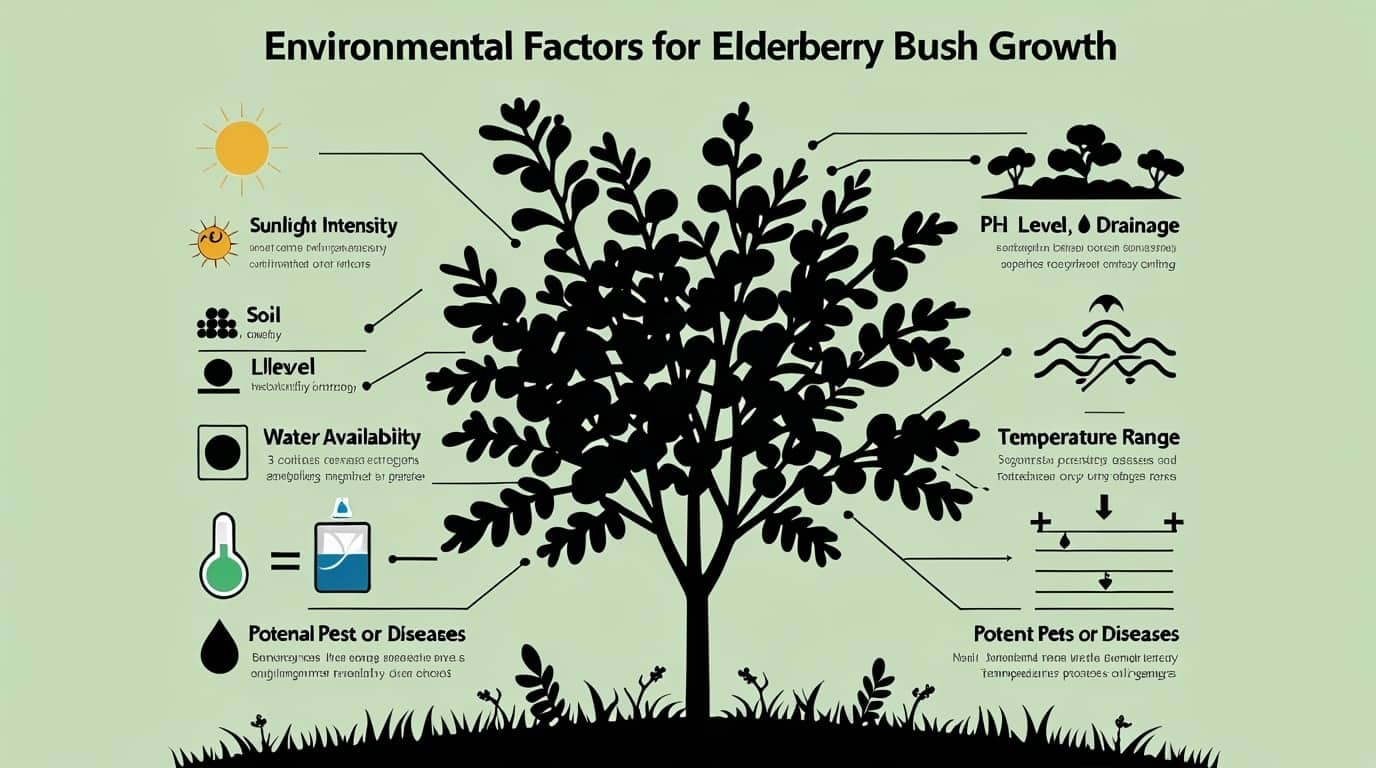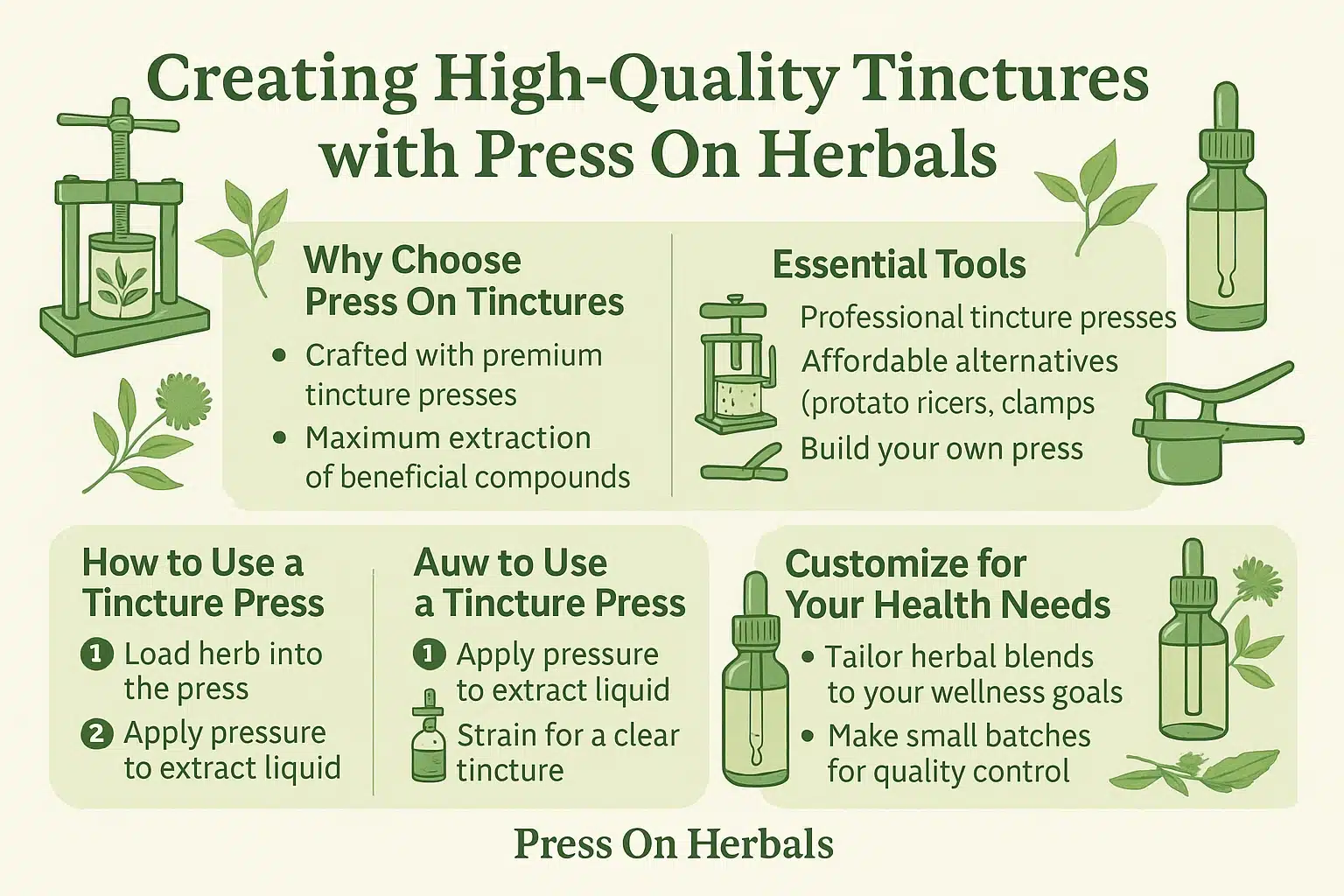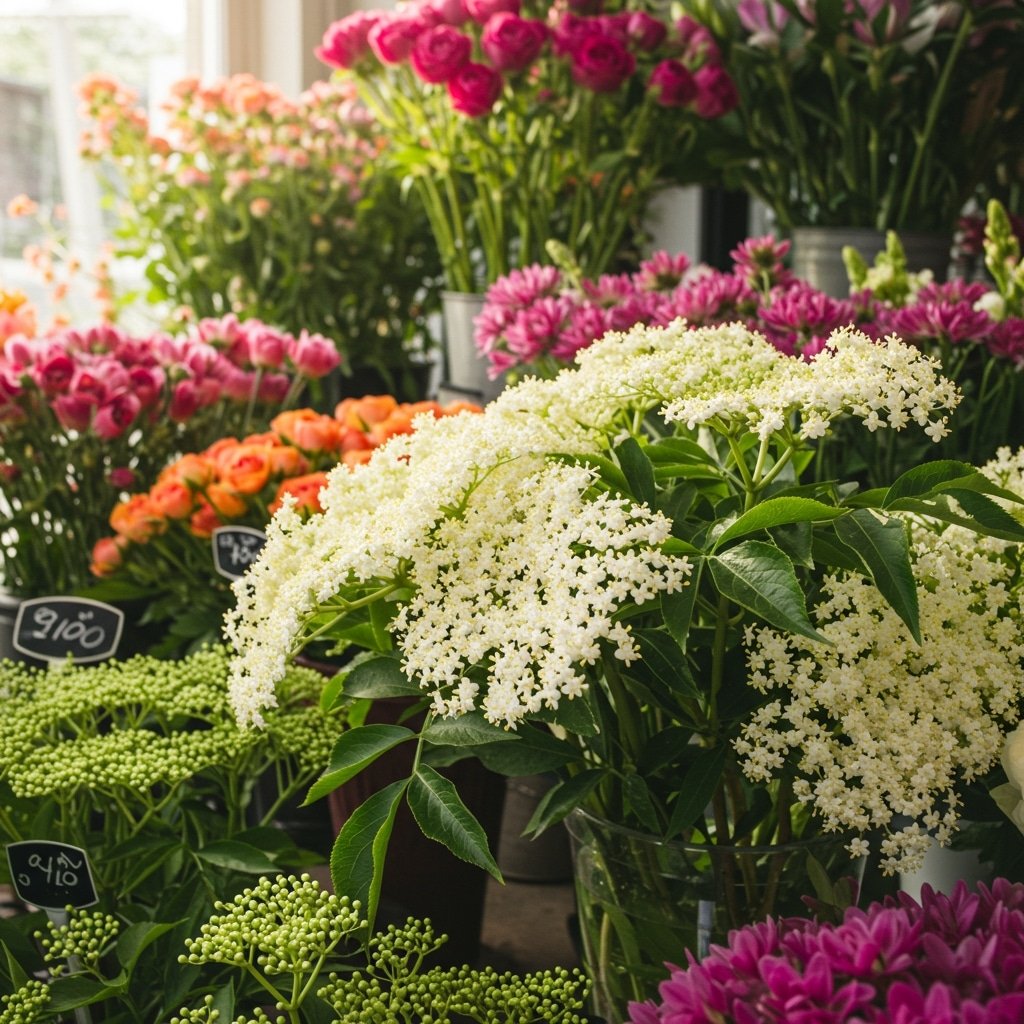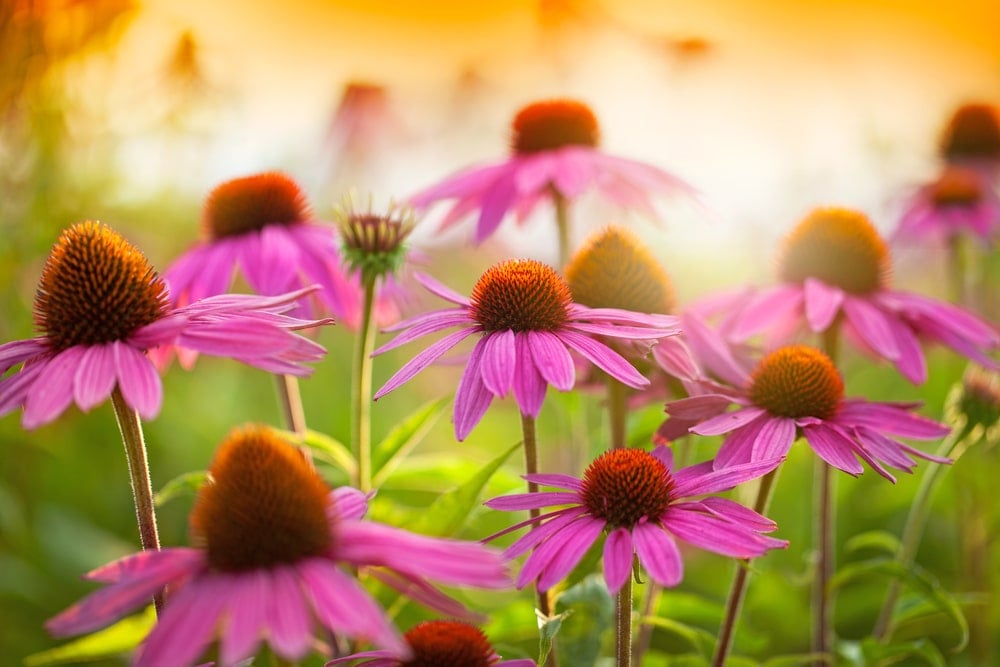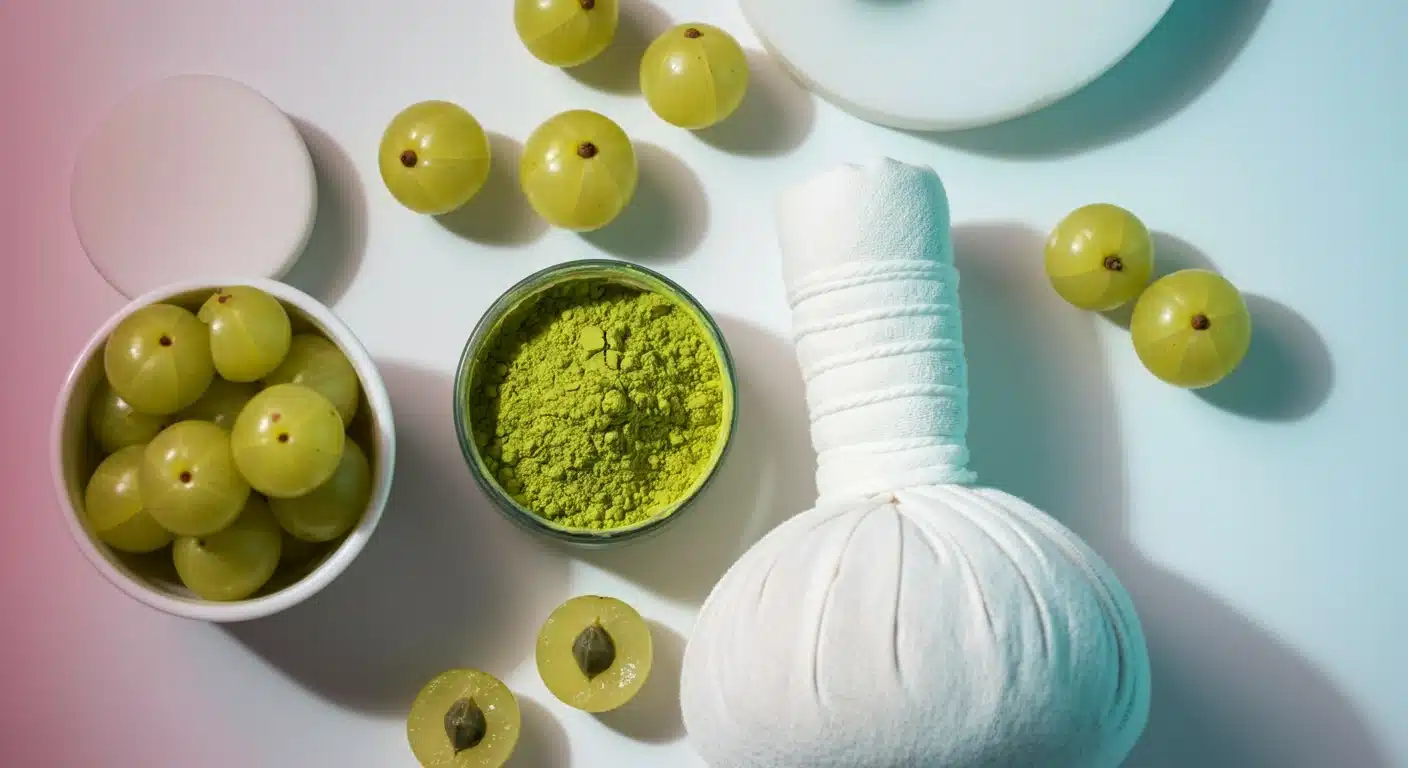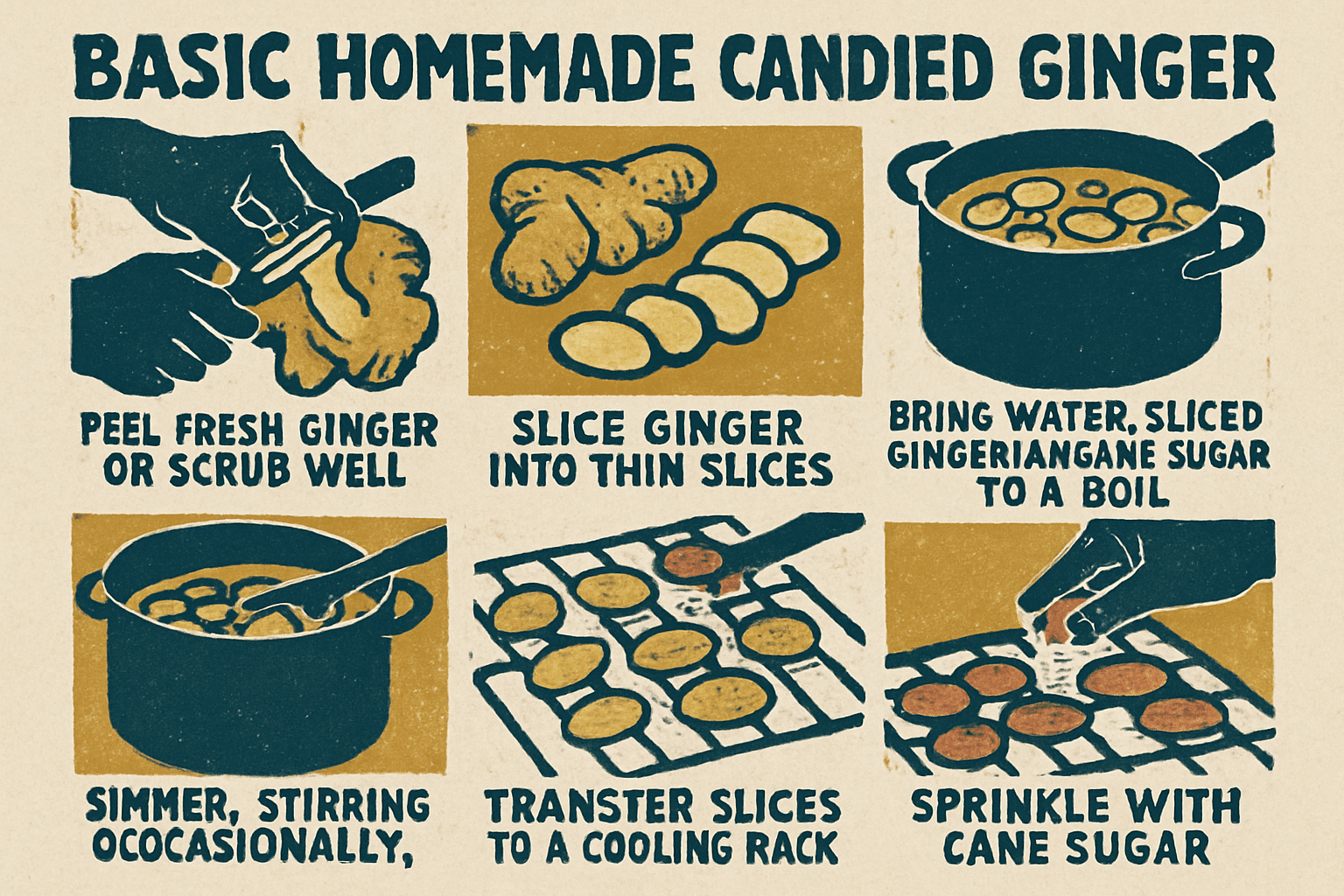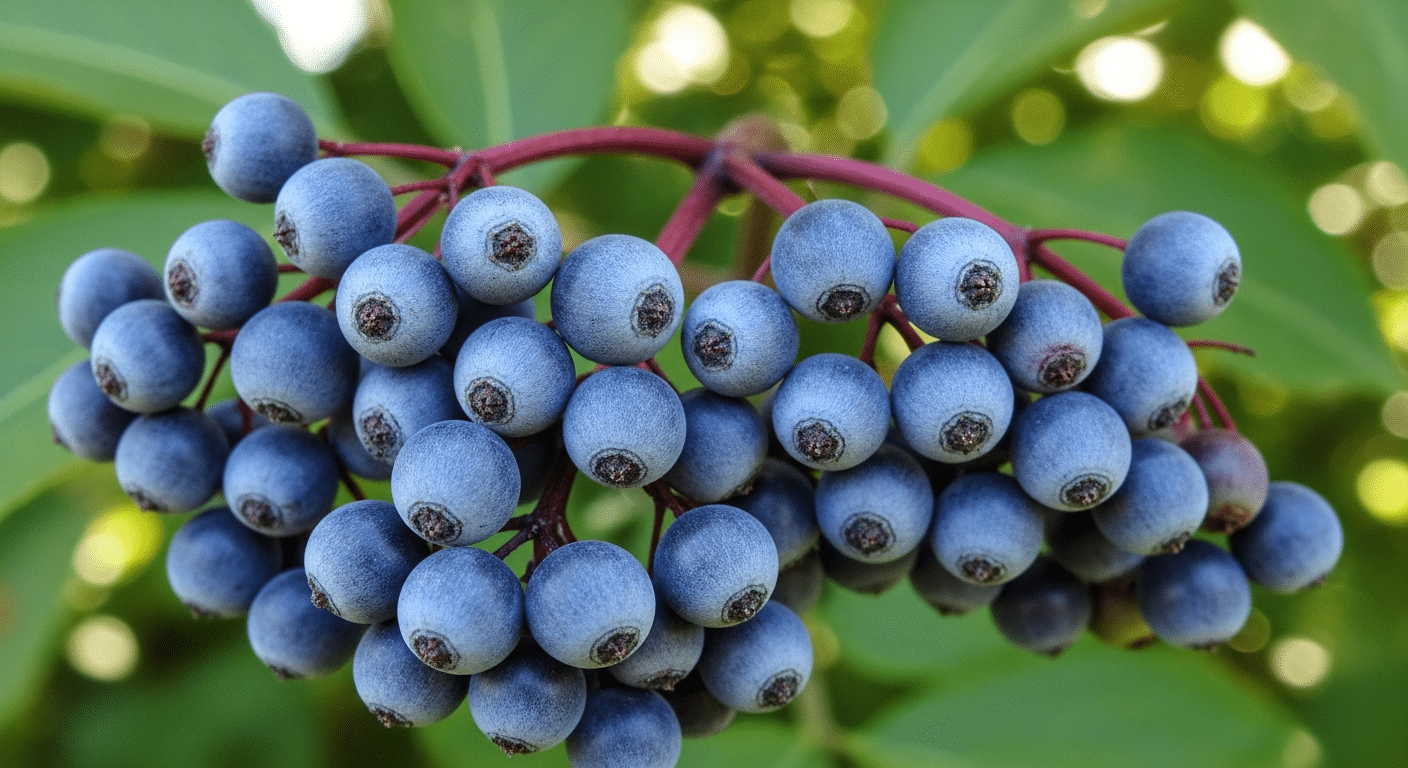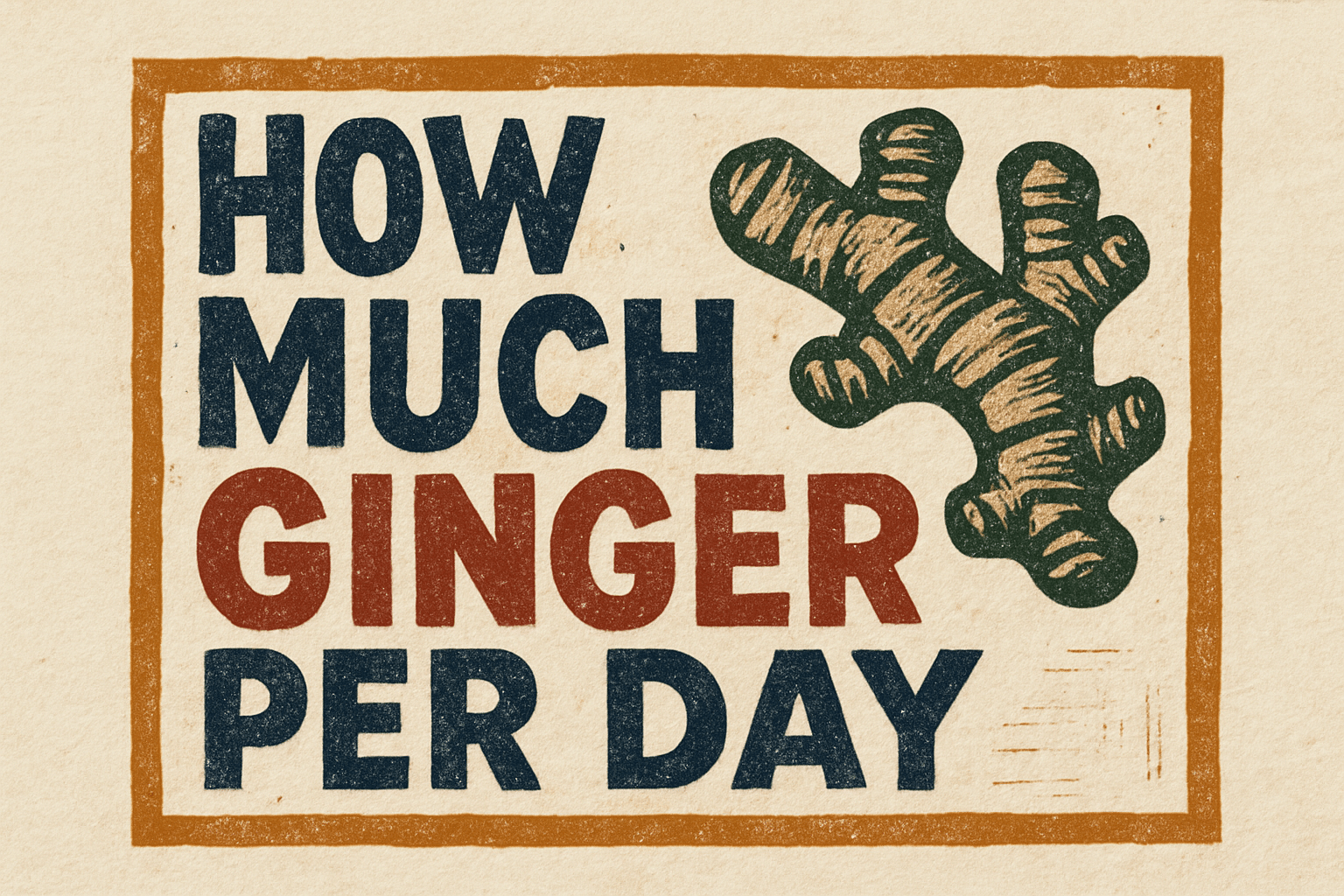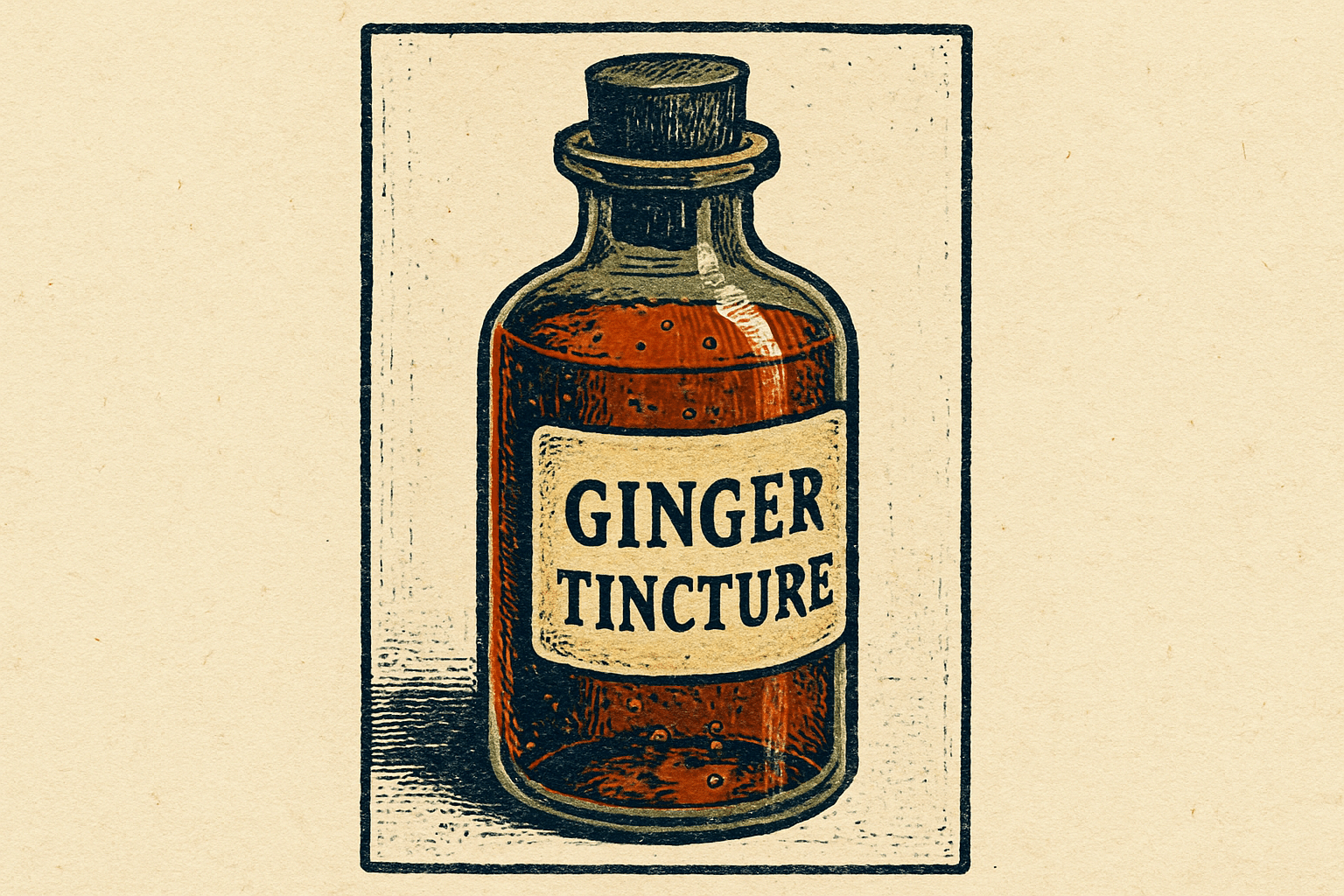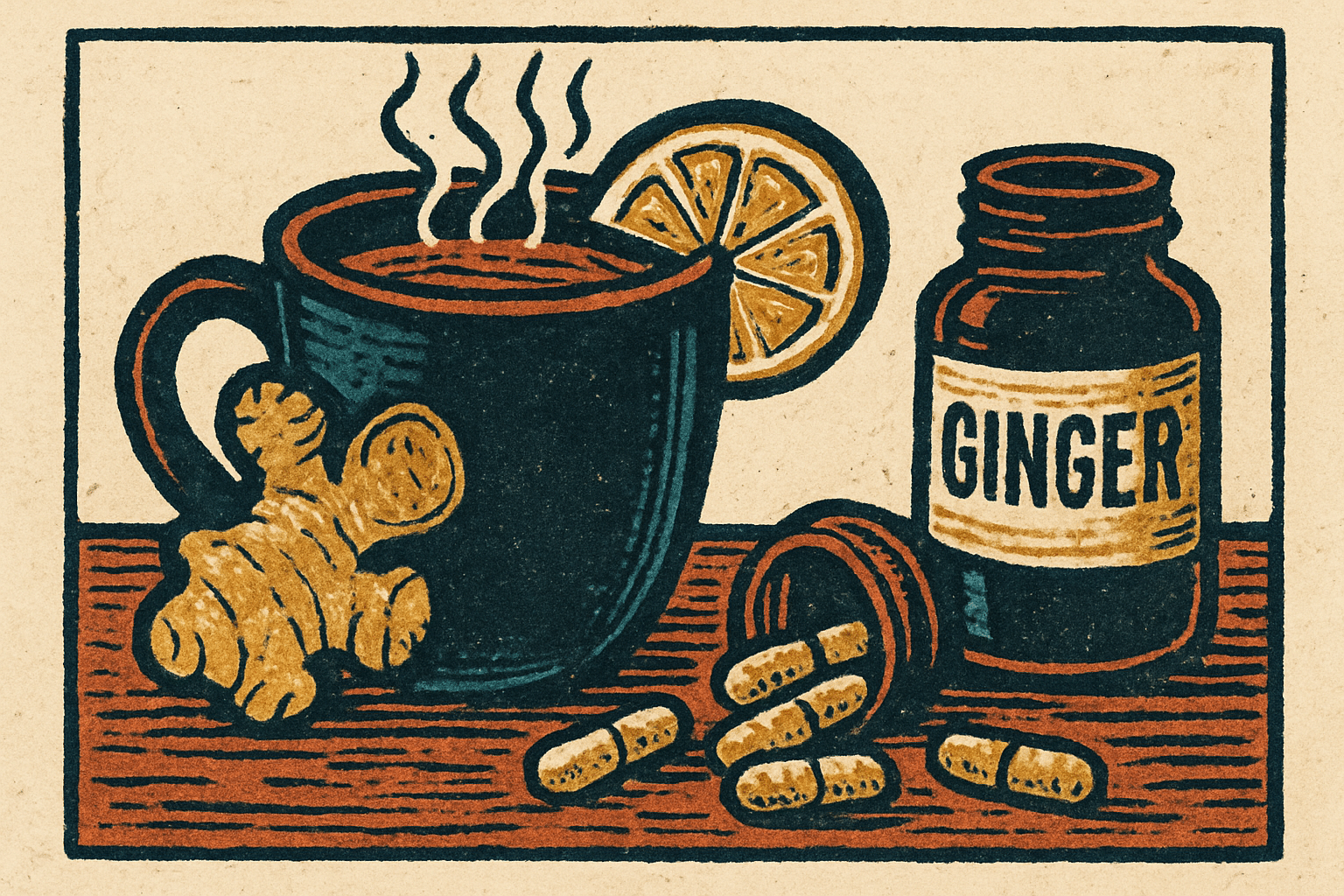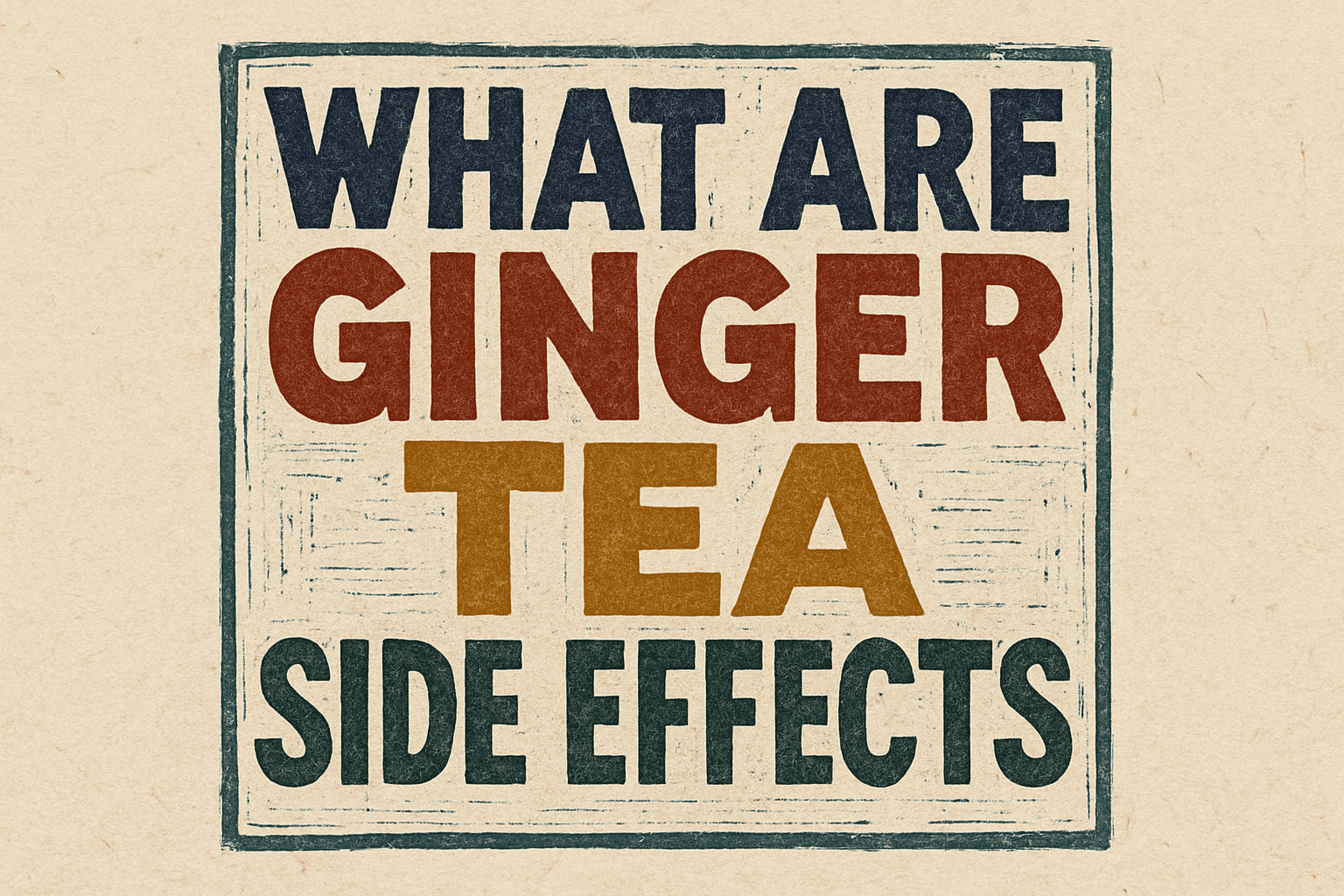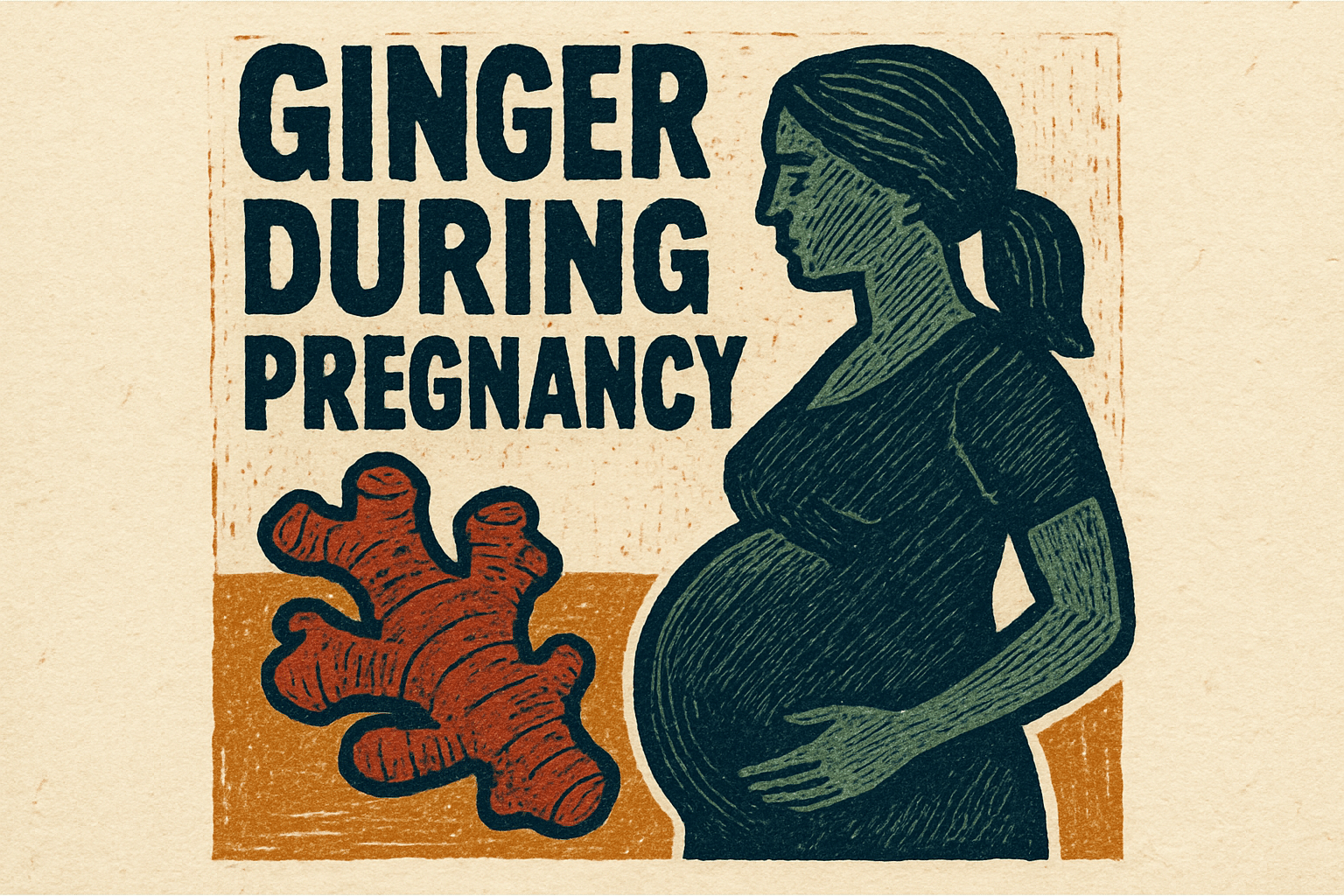Ginger shots are small, intensely flavored drinks often made from fresh ginger, lemon juice, and fruit juice. Many p [...]
Views: 584 min readTulsi holy basil tincture has gained significant popularity as a natural remedy rooted in centuries-old Ayurv [...]
Views: 1457 min readGinger tea is a soothing, warming drink made from the ginger root. Many people enjoy drinking ginger tea for its ple [...]
Views: 704 min readGinger tea weight loss discussions are increasingly popular, though the evidence is mixed. Ginger root has a long hi [...]
Views: 615 min readExcerpt Recent coverage outlines six groups who may need caution with Amla (Indian gooseberry): people on blood thinner [...]
Views: 1521 min readIntroduction to Haishentianxia Brazil Agaricus Subrufescens Haishentianxia Brazil Agaricus Subrufescens is a premium [...]
Views: 1052 min readElderberry Health Benefits: Unlocking the Power of Sambucus Nigra Sambucus, commonly known as elderberry, refers to [...]
Views: 2715 min readExploring the Benefits of Elderberry Tincture Elderberry tincture has gained popularity in recent years, but what mak [...]
Views: 4667 min readElderberry has been touted for various health benefits, but does elderberry make you lose weight? This underappreciat [...]
Views: 17713 min readSelenicereus grandiflorus Historical Actions: Excellent heart and nerve tonic (contains no cardiac glycosides). Norm [...]
Views: 2811 min readUnderstanding elderberry bushes size is key to planning your garden. Elderberry bushes usually grow between 6 to 10 f [...]
Views: 22714 min readCurious about how to make the most effective herbal tinctures? Press On Herbals specializes in premium tincture pres [...]
Views: 1076 min readElderberry Florist: Why You Shouldn’t Rely on Florists for Herbal Elderberry Flowers Quick Summary Key Points Topic [...]
Views: 2926 min readIntroduction to Agaricus Subrufescens and Its Amino Acids Agaricus subrufescens, also known as Agaricus blazei or Ag [...]
Views: 1114 min readWhat is Agaricus Subrufescens? Agaricus subrufescens, also known as almond agaricus or almond mushroom, is a [...]
Views: 1152 min read<p><a href="/information/echinacea-goldenseal/">← Back to the Echinacea & Goldenseal overview hu [...]
Views: 11911 min readCosmetic/educational info only. Not medical advice. Amla (Phyllanthus emblica) shows up in skincare routines as powd [...]
Views: 1372 min readIntroduction to Agaricus Subrufescens Extract Agaricus subrufescens, commonly known as the almond mushroom or sun mu [...]
Views: 1153 min readCandied ginger is sweet, spicy ginger that is simmered with sugar and dried until coated in sugar crystals. It can b [...]
Views: 484 min read
Learning Herbalism
Herbalism is the ancient and evolving art of using medicinal plants and herbs to promote health and well-being. Whether you are a beginner or an aspiring professional herbalist, learning herbalism opens the door to a rich herbal journey filled with knowledge, healing, and connection to the natural world. This beginner’s guide will help you explore herbal basics, plant medicine, and the many benefits of herbal therapeutics.
Herbal Medicine and Herbal Preparations
Herbal medicine involves using plants and herbs grown specifically for their healing properties. These medicinal plants can be transformed into various herbal preparations such as teas, tinctures, salves, infused oils, and essential oils. Medicine making is a must-have skill for anyone interested in herbal practice, allowing you to create remedies tailored to common ailments like upset stomach, stress, or skin irritations.
Organic Herb Cultivation
A foundational part of herbalism is organic herb cultivation. Growing your own herbs ensures the highest quality and potency, and deepens your understanding of botanical life cycles and plant identification. Herbs grown in healthy soil without chemicals retain their healing properties and support sustainable herbalism practices.
Herbal Course and Herbal Academy
Taking an herbal course is an excellent way to begin your herbalism journey. Many herbalism schools and herbal academies offer self-paced courses with comprehensive course material covering materia medica, herbal actions, and medicine making techniques. These courses often include videos, recipes, and hands-on experience to enrich your learning. Renowned herbal teachers like Rosemary Gladstar and Michael Moore have created helpful information and favorite books that many students have found helpful in their studies.
Community Herbalist and Professional Herbalist
Herbalism can be practiced at many levels. A community herbalist uses their knowledge to support the well-being of their local community, often sharing herbal recipes and education. For those pursuing in-depth study, becoming a professional herbalist involves formal education, clinical training, and experience teaching. Both paths emphasize the importance of research, botanical knowledge, and hands-on experience.
Free Courses and Resources for Beginning Herbalists
Beginning herbalists can explore many free courses and online resources to develop their herbal knowledge. These self-paced courses cover herbal basics, plant identification, and herbal actions, providing a solid foundation in herbal therapeutics. Many herbalism schools offer discount codes for their courses, making herbal education accessible to all.
Materia Medica and Herbal Actions
Understanding materia medica—the detailed profiles of herbs—is essential for effective herbal practice. Learning the herbal actions, such as diuretic, nervine, or anti-inflammatory effects, allows you to select the right herbs for specific health needs. This knowledge supports crafting safe and effective herbal preparations that promote healing and overall well-being.
The Chestnut School and the Art of Herbalism
The Chestnut School is a respected herbalism school known for its emphasis on hands-on experience and community learning. Their courses blend the art and science of herbalism, focusing on organic herb cultivation, medicine making, and botanical study. This approach nurtures a deep connection to plants and the herbal world, enriching your herbalism journey.
Essential Oils, Infused Oils, and Medicine Making Techniques
In addition to traditional teas and tinctures, essential oils and infused oils are powerful tools in herbal therapeutics. Learning how to extract and use these oils expands your herbal repertoire. Medicine making techniques taught in herbal courses help you confidently create a variety of remedies that support the body and mind.
Embracing the Herbalism Journey
Learning herbalism is a lifelong journey that combines research, practice, and a love for plants. Whether you begin with a beginner’s guide or enroll in a professional herbalism school, the knowledge you gain will enhance your health, diet, and well-being. Exploring the world of American herbalism and the contributions of American herbalists like Rosemary Gladstar and Michael Moore provides helpful information and inspiration.
Conclusion
Herbalism connects us to the healing power of plants and the art of natural medicine. With the right education, resources, and hands-on experience, anyone can begin their herbalism journey and explore the many benefits of plant medicine. Start today by exploring free courses, favorite books, and trusted herbal teachers to cultivate your own herbal practice and enrich your life.

